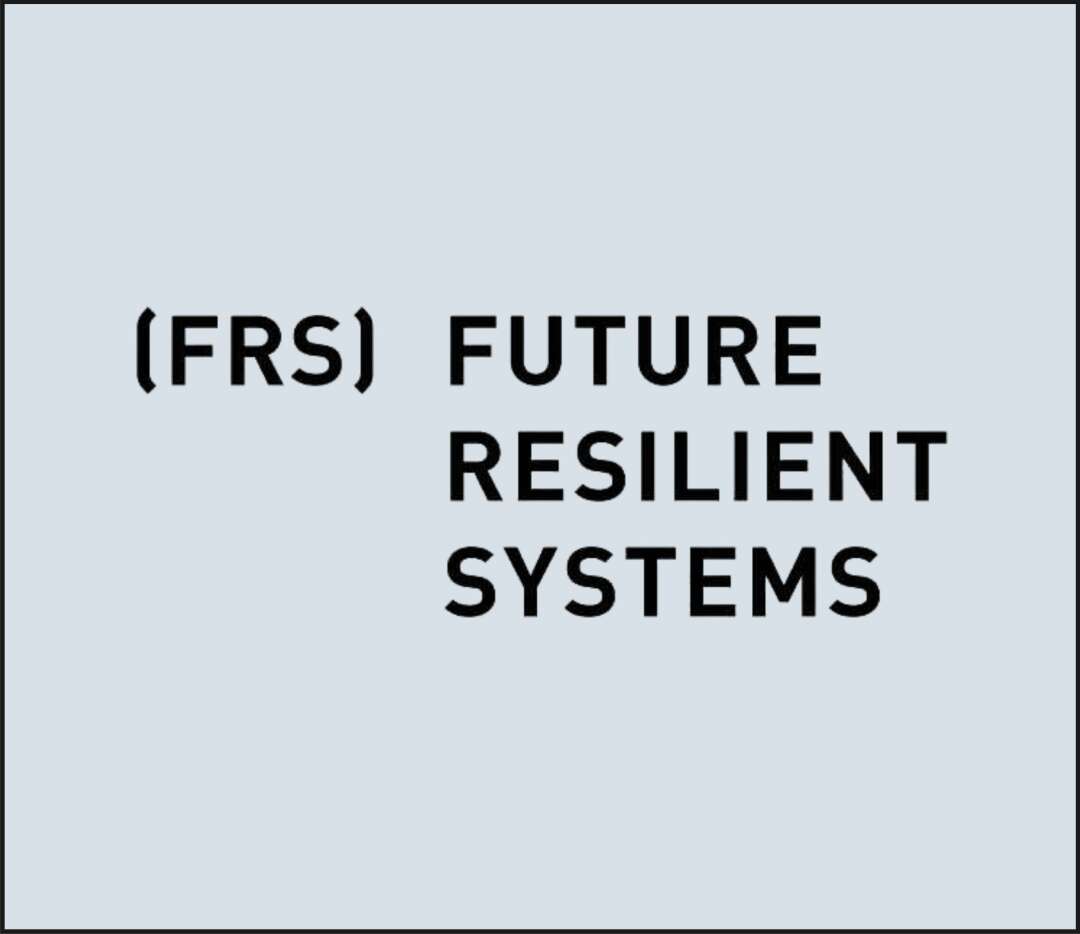
Given the ongoing digital revolution and our present-day sustainability challenges, the ways cities and societies are operated are presently being reinvented.
Societies are complex systems. This has important implications for how a society should be managed. Not like a company, and also not like a machine! I will illustrate our insights by means of pattern formation and self-organisation phenomena in social systems as well as applications to self-governance and self-control.
Based on this, I will argue that the requirement of organising societies in a more resilient way implies the need for more decentralised solutions based on digitally assisted self-organisation – a concept, which is also compatible with sustainability requirements and greater participation.
I will further discuss, how collective intelligence and co-creation can be supported in ways that promote favourable systemic outcomes – outcomes that are better than optimal, i.e. better than when optimisation is applied. As an application example, I will present a field study on participatory budgeting, which has been recently carried out in Aarau, Switzerland. Specifically, I will show, how voting rules can be improved to promote individual and systemic benefits, such as inclusion and fairness.
· Category:
Public